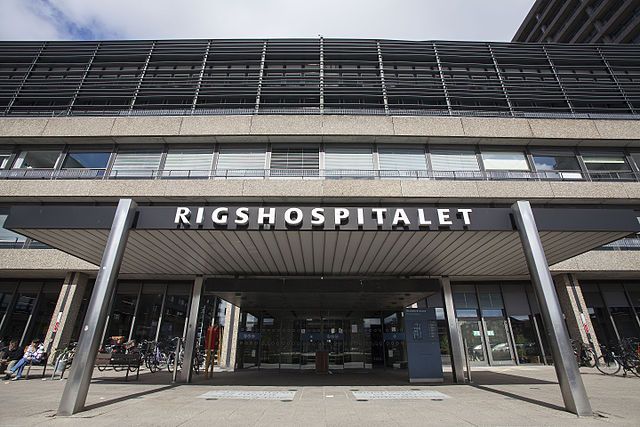A broad majority of politicians across the political spectrum have agreed on a 2017 budget for the Capital Region’s health service.
The budget includes cuts, agreements to save and re-prioritisations aimed at slicing off about 640 million kroner from a 38 billion kroner budget.
About 400 million kroner will be trimmed from health and regional development, and efficiency and reprioritisation measures will save another 240 million kroner.
“It has not been easy,” said Capital Region chairperson Sophie Hæstorp Andersen. “We have had to find savings for historically large amounts in the Capital Region, and I am pleased the parties from both the left and the right have taken responsibility and opted for cuts that affect the fewest possible people.”
Pluses and minuses
Several proposals submitted by politicians were taken off the table or significantly changed. The emergency clinics in Frederiksberg and Helsingør will not be closed, but kept opened with reduced hours. The psychiatric section in the Capital Region will retain its current number of beds. The nutritional unit at Rigshospitalet will avoid a 4 million kroner cut.
“We have to save,” said Andersen. “But we insist on a greater focus on the things that create value by facilitating business procedures and controls, which will give the hard-working staff more time for patients.”
Fewer job losses
The 2017 budget, ‘Time for People’, totals 38.1 billion kroner. Along with the cuts, nearly 46 million kroner has been earmarked for new initiatives including mental health and environmental improvements at area hospitals and a new emergency response vehicle on Bornholm.
READ MORE: No-shows at hospitals costing Denmark significant resources
The new budget will result in some personnel layoffs, but far fewer than the original 900 cuts projected, it is believed.















